|
Premiere performance in June 2024.
Click here for more info about the Adelaide City Ballet. Stay tuned!
0 Comments
Why "Faust" you may ask? The Faust story is so fascinatingly embedded in the roots of human philosophy and morality. It is so relatable whether you realise it or not, “I know this is bad, but I’m still gonna do it and pay the price!” Mortality has become such a global theme of 2020 through the disruption of norms and questioning of one’s reality and existence. Dr Faust’s fantastic tale makes us share in the same essence: human meaning, temptation, conflicting dualities of the mind and facing the unknown. Faust: a Mortal’s Tale draws its inspiration from the silent film ‘Faust’ (Murnau, 1926) and is a personal musical reflection on the following story: “The old Dr Faust ponders over his life (Rachmaninov, Prelude Op. 32 No. 12) and begins a journey into the unknown (Catoire, Quatre Morceaux). As he walks the earth (Say, Black Earth), he finds himself in deep contemplation (Debussy, Claire de Lune). In a furious rage, he conjures Mephistopheles who grants him all earthly pleasures in exchange for his soul (Liszt, Mephisto Waltz). He seduces the beautiful Spanish princess (Granados, Oriental) but is tricked into eternal damnation (De Falla, Ritual Fire Dance) where only through redemption and death (Rachmaninov, Etude Op 39, Nr 2 "Dies Irae"), is he granted an ascent into the heavens (Led Zeppelin, Stairways).” It’s become a joyful habit of mine to tamper with the written score, to not take the notes too seriously, but in a thoughtful way. I’m sure that Bach, Beethoven and Liszt often (not all the time!) wrote in a way, either in skeletal form, or deliberately mundane and repetitious, or alluding to improvisation, with the expectation for performers to try new things, as if to create a secret portal. Depending on the context, it’s as though many scores were designed for performers to think outside the box, to give an individual stamp of expression or to even a push the performer into the direction of composition and improvisation. This was, after all, so common of performers a few hundred years ago, though considered sacrilegious by many hardened academics of today. Chris Groenhout © I chose the Australian-made ‘Big Beleura’ piano as the instrument for this recording because it offers expressive qualities different to conventional 88 key grand pianos. It has 108 keys, making it the world’s first 9-octave piano, with the keyboard expanding in both directions, down to a lower C, (an extra 9 keys) and up to a higher B (an extra 11). I’ve reimagined each piece specifically for this instrument and have loved making use of its huge range, four pedals and unique sonority.
These new ideas, Dr Faust’s tale, the ‘Big Beleura’ piano and new explorations have driven my creative direction for some time, so I hope you enjoy this album.. like exotic fruits that have never before been tasted. Do you dare to try one? Stay tuned in 2020 for Ashley Hribar plays Dr Caligari: Musical Rebirth of a Silent Film Legend selected for the "Special Projects" series by agency KD Schmid (Germany) The Cabinet of Dr Caligari (Wiene, 1920), one of cinema’s most influential Expressionist silent horror films, celebrates its 100th year. Australian pianist/composer Ashley Hribar performs on an amplified piano (inside and out) plus electronics, Moog DFAM drum machine, bells, eggs shakers and even a toilet brush! Witnessing Hribar is indeed a spectacle in itself. Our hero, Francis, grapples with the deranged Caligari in a world that is not quite what it seems. Who is responsible for the mysteriously coincidental crimes that take place? Only the audience is left to decide. Watch and listen to Ashley luring his audience into the dark depths of this quirky story, creating colourful landscapes of sound, funnier, scarier and more hauntingly bizarre than ever imaginable. Feb 26 Adelaide Fringe, Mercury Cinema (AUS) Feb 27 Adelaide Fringe, Mercury Cinema (AUS) Feb 28 Adelaide Fringe, Mercury Cinema (AUS) April 30 Einbeck "Die Tangobrücke" (GER) May 15 Coriole Festival (AUS) Aug 8 Newcastle Festival (AUS) Nov 29 Göppingen Theatre (GER) *more performances to be announced soon Excited to share this 2 min trailer of music i wrote for The Cabinet of Dr Caligari (1921) for piano, keyboard, bits of metal, rubber and a toilet brush. One of the cleverest films of the silent era! This documentary includes highlights from the 2017 European Tour "Sound and Colour in Scriabin's Piano Sonatas", in a series of 7 concerts given at Universities across Germany, Austria and Luxembourg. It includes introductory speeches, Q&As and master classes featuring pianists Konstantin Shamray, Mekhla Kumar, Stefan Ammer and myself. The performances explore Scriabin's synaethsesia together with highly individual interpretations of his 10 piano sonatas, each subtly enhanced by unique videos of Australian opals projected onto the interiors walls of each venue. This project gratefully acknowledges the generous support from the University of Adelaide, The Ukaria Foundation, Recitals Australia, Jacqueline Wander and Maria Sbizzirri (project Coordinator) and countless donations from private sponsors.
In collaboration with my dear colleagues and friends, Mekhla Kumar, Konstantin Shamray and Stefan Ammer, this multi-media project involved the performance of Scriabin's 10 piano sonatas enhanced with projected opal visualisations. Inspired by my lifelong fascination for this national Australian gemstone, the beautiful changing colours that accompanied each sonata were intended to emulate Scriabin's Synaesthetic ability, with the aim to create, much like his vision for 'The Mysterium', a fully immersive experience. The seven performances, which included masterclasses, lessons and public Q & A discussions, were given at the music Universities of Karlsruhe, Freiburg and Rostock (Germany ); The Mozarteum in Salzburg, the Music University in Graz, the Bösendorfersaal in Vienna (Austria) and at the Conservatorium in Luxembourg. We gratefully acknowledge the kind generosity of our sponsors; The University of Adelaide; The Ukaria Foundation; Jacqueline Wander; Maria Spizziri; Recitals Australia (auspicing body); and the many private donors who contributed to help make this project possible.
Stay tuned for the 2017 Scriabin Tour documentary...! An intensely inspirational collaborative project with Judith Buchanan for Silents Now in the creation of an interactive dance and film score to one of the oldest existing films Richard III (1910). Here is a short 'making of' documentary .. exploring the Stuart & Sons piano in Journey to Damascus... |
Archives
November 2023
Categories
All
|

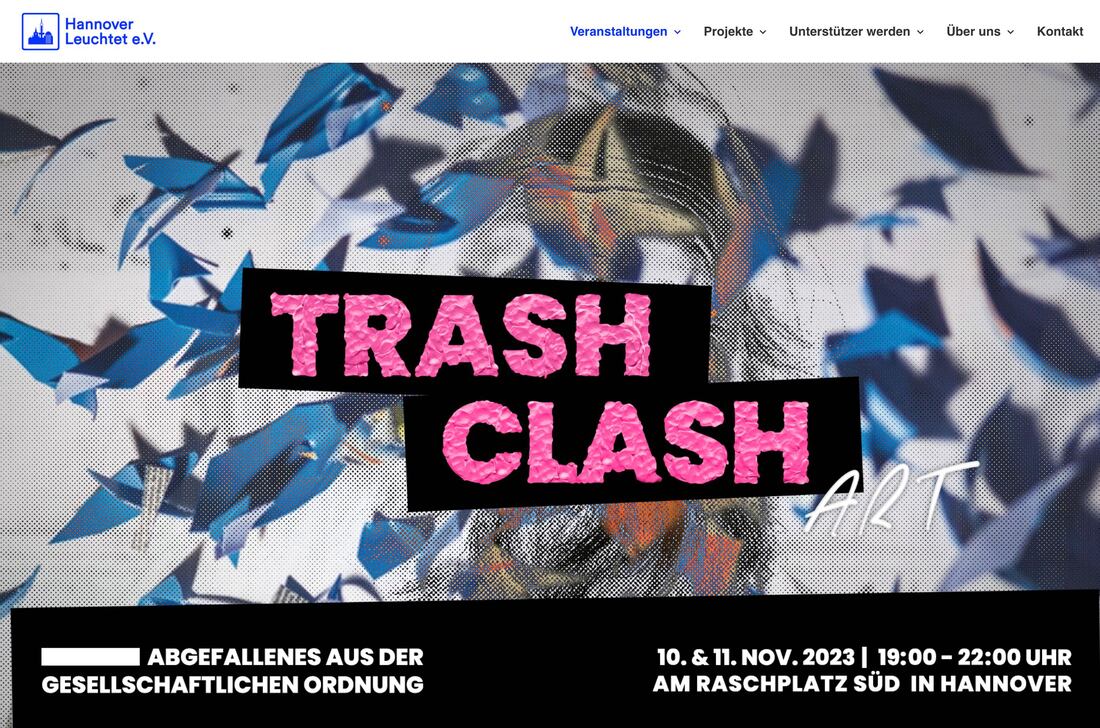

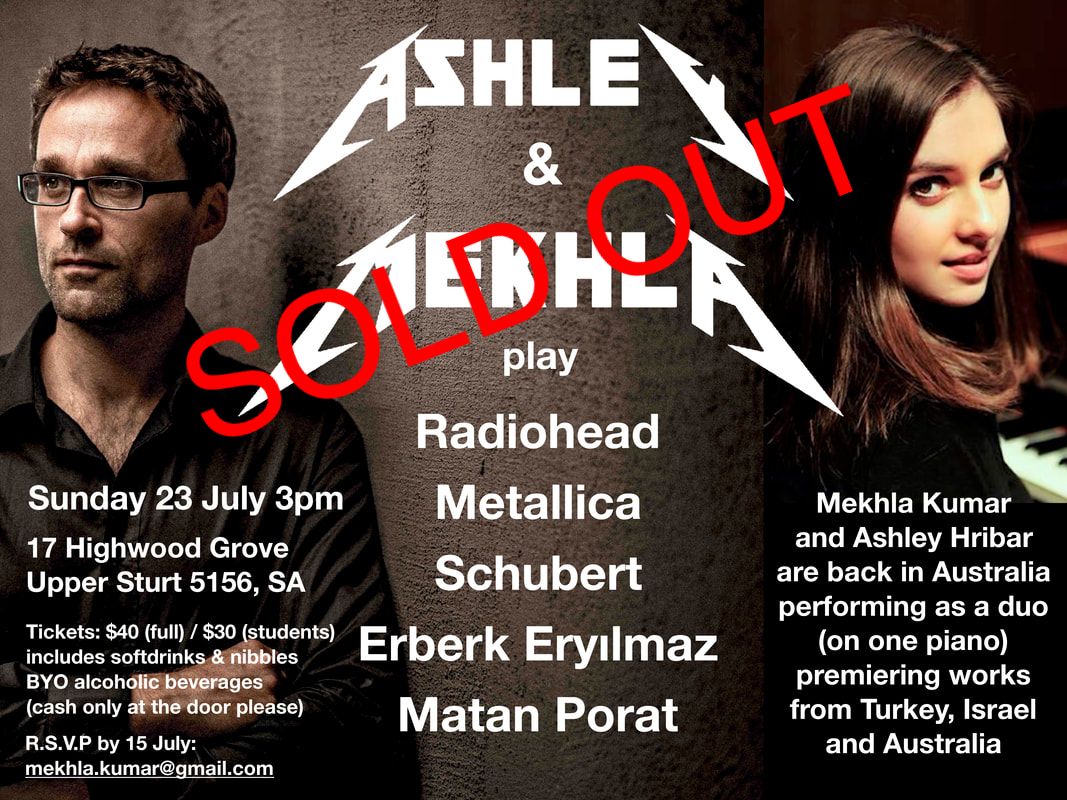
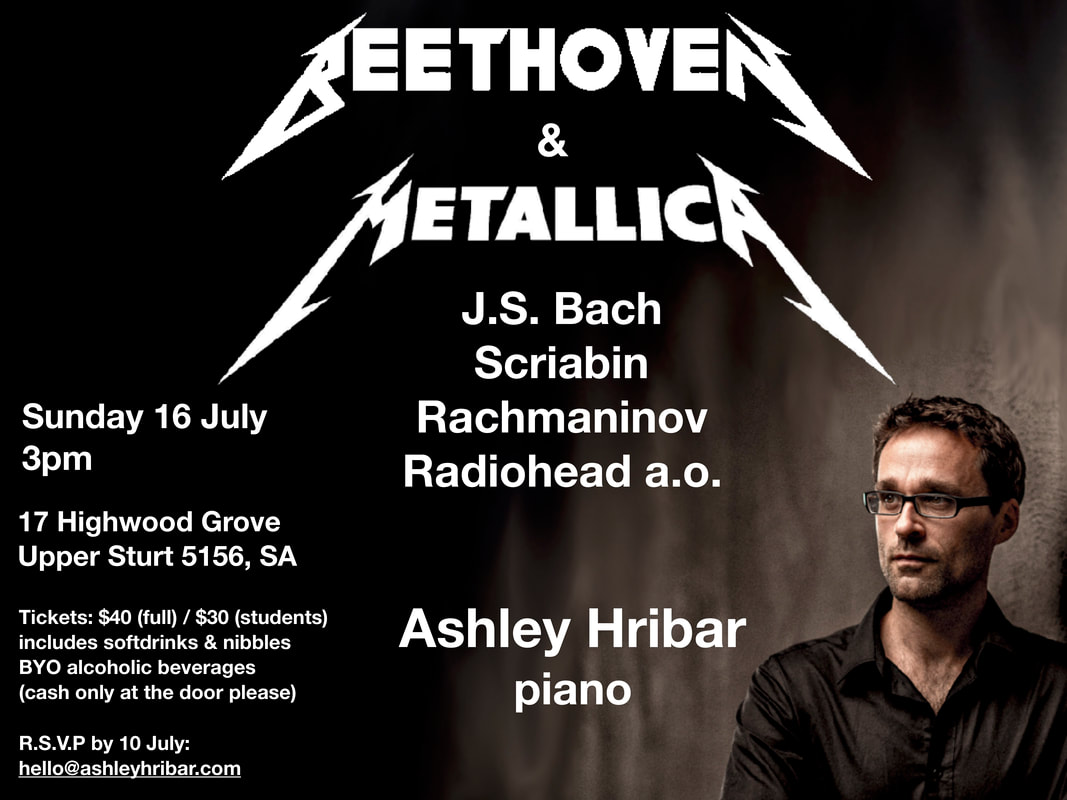
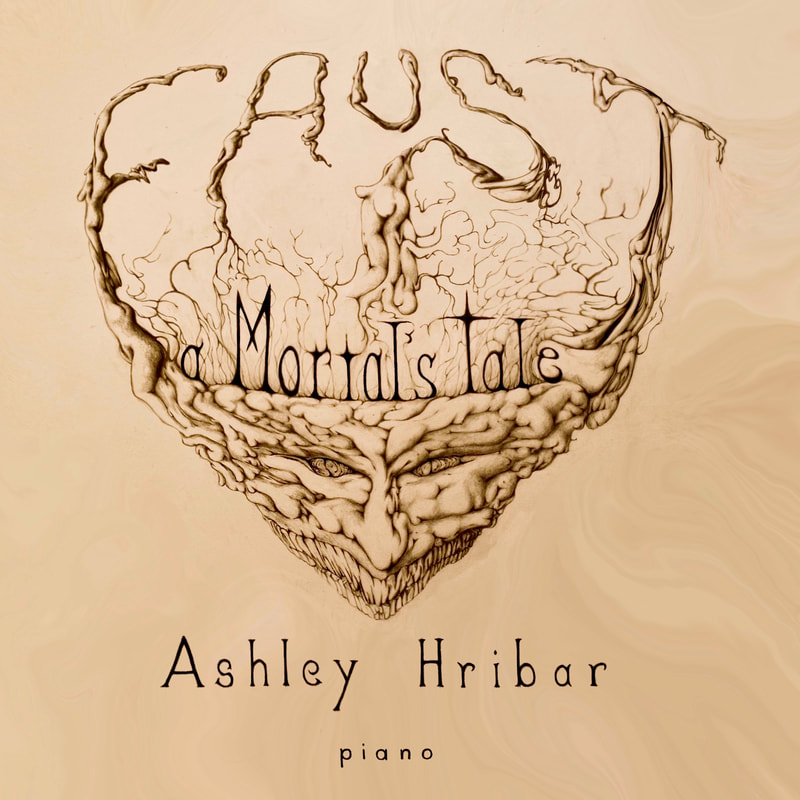
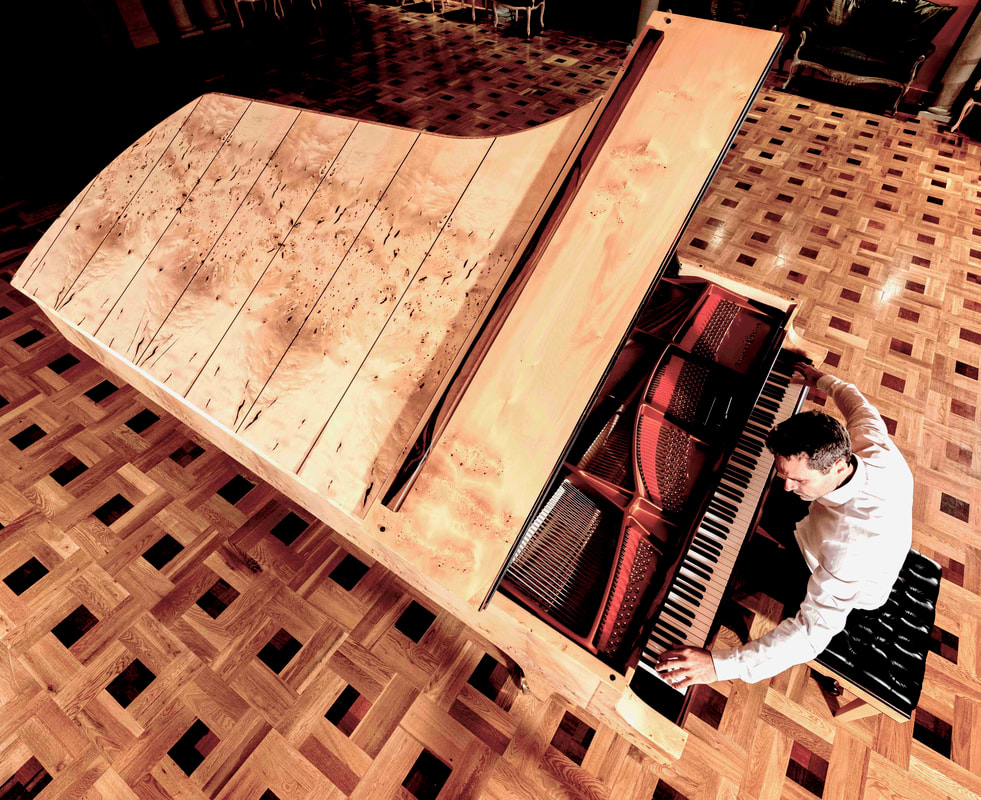
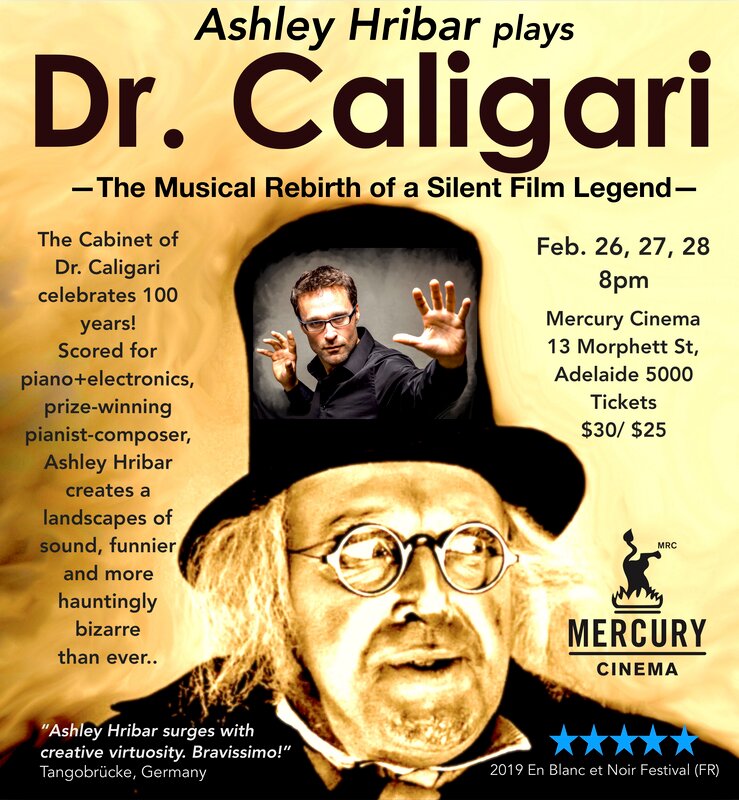
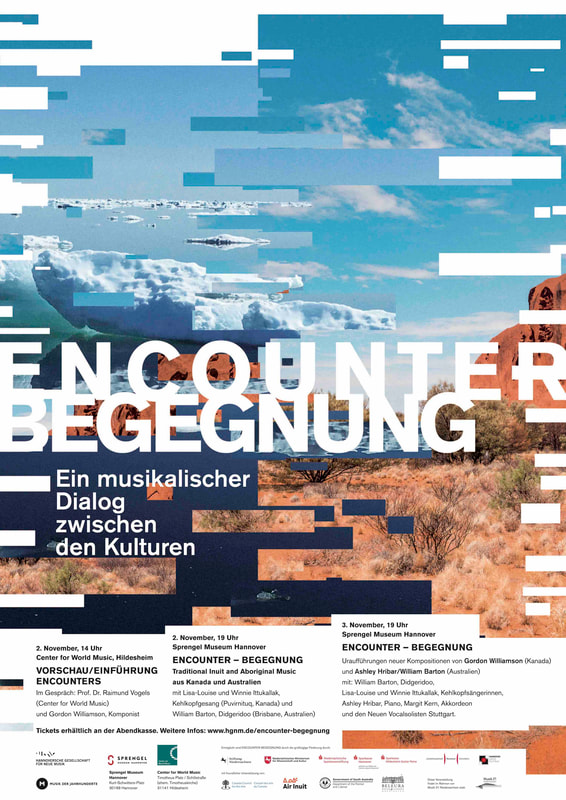
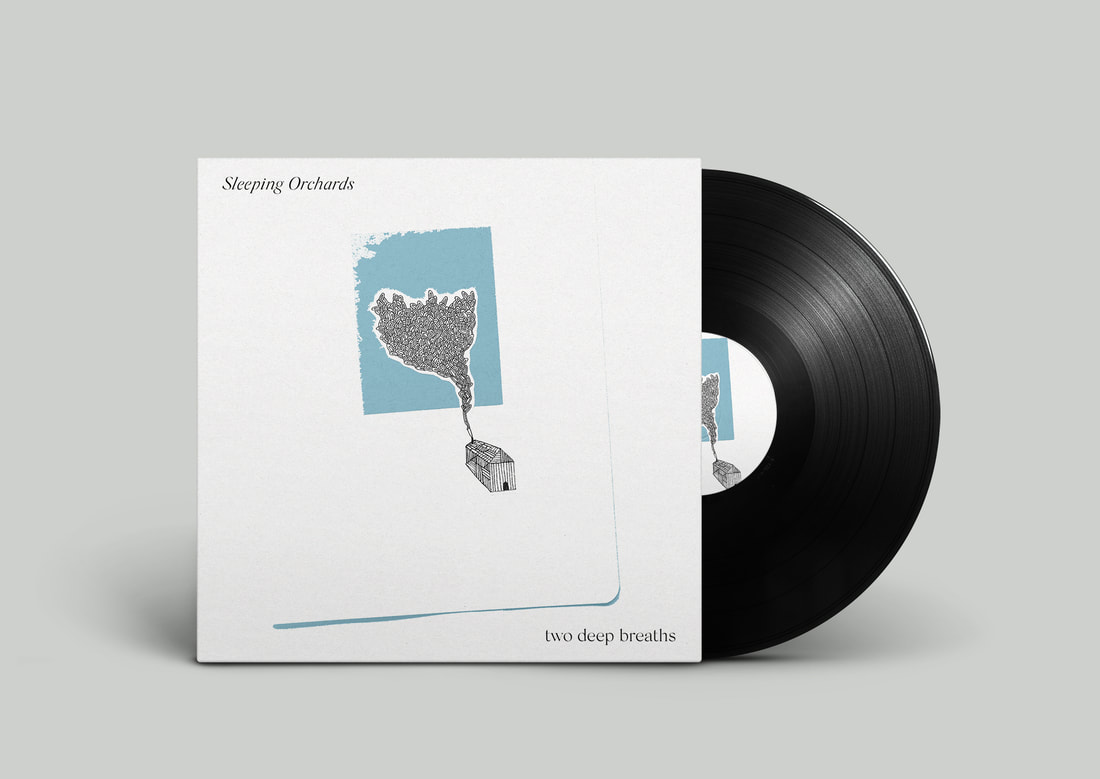

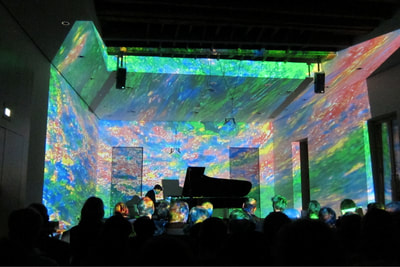
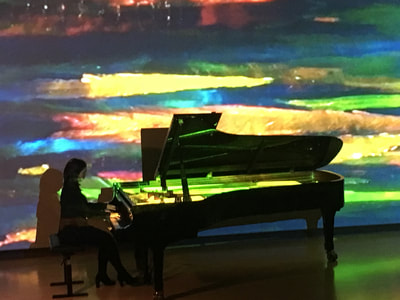
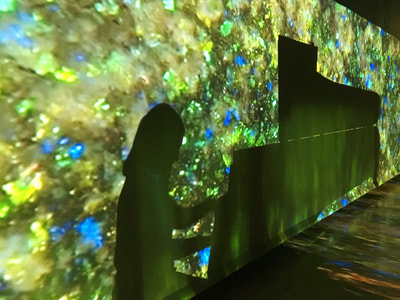
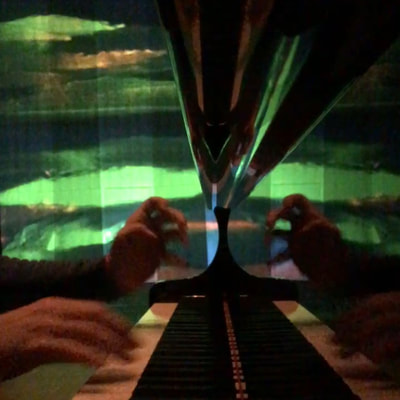
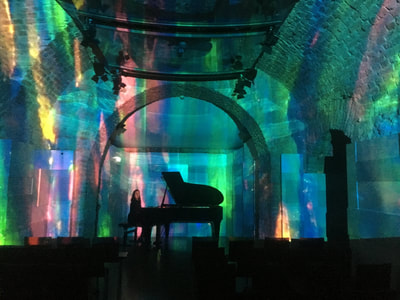
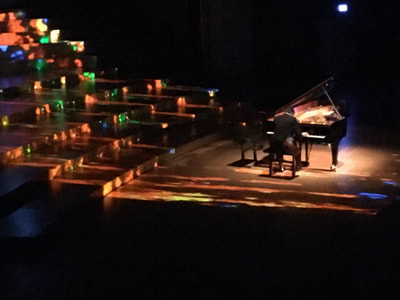
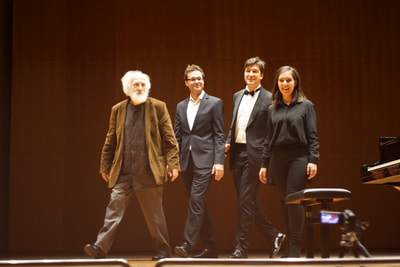
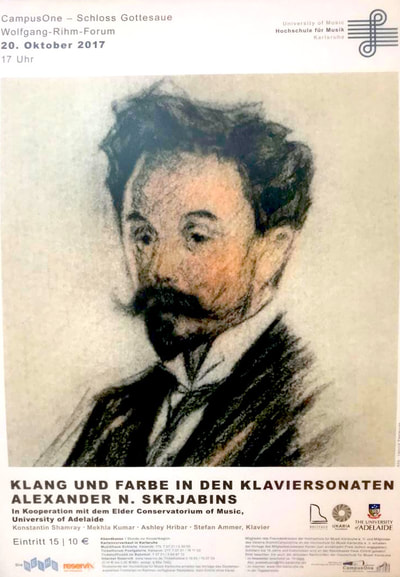
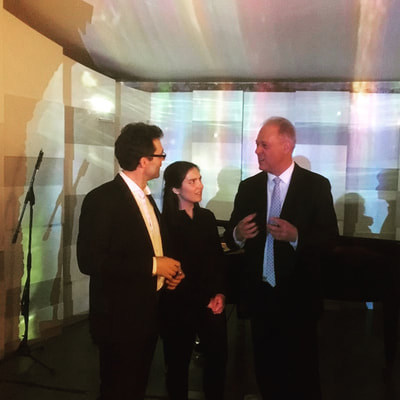
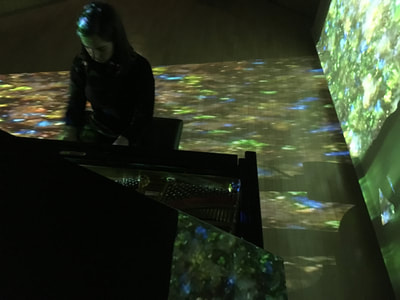
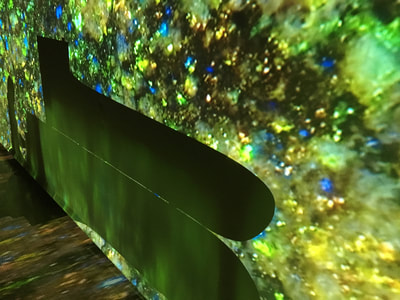
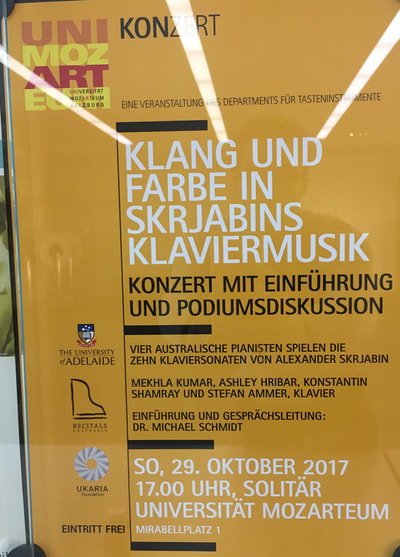
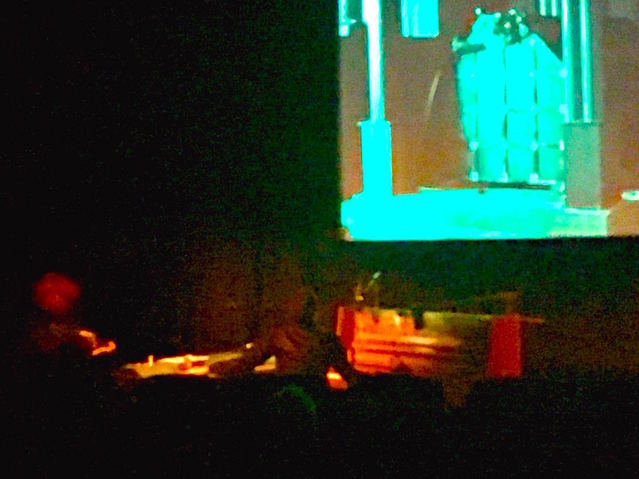
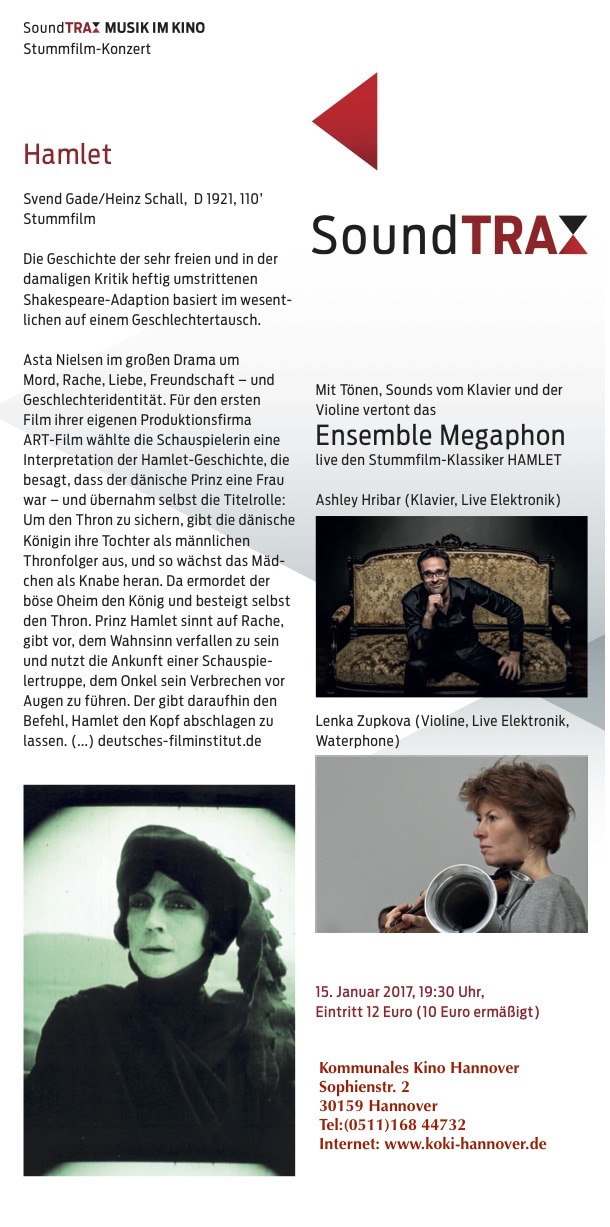
 RSS Feed
RSS Feed